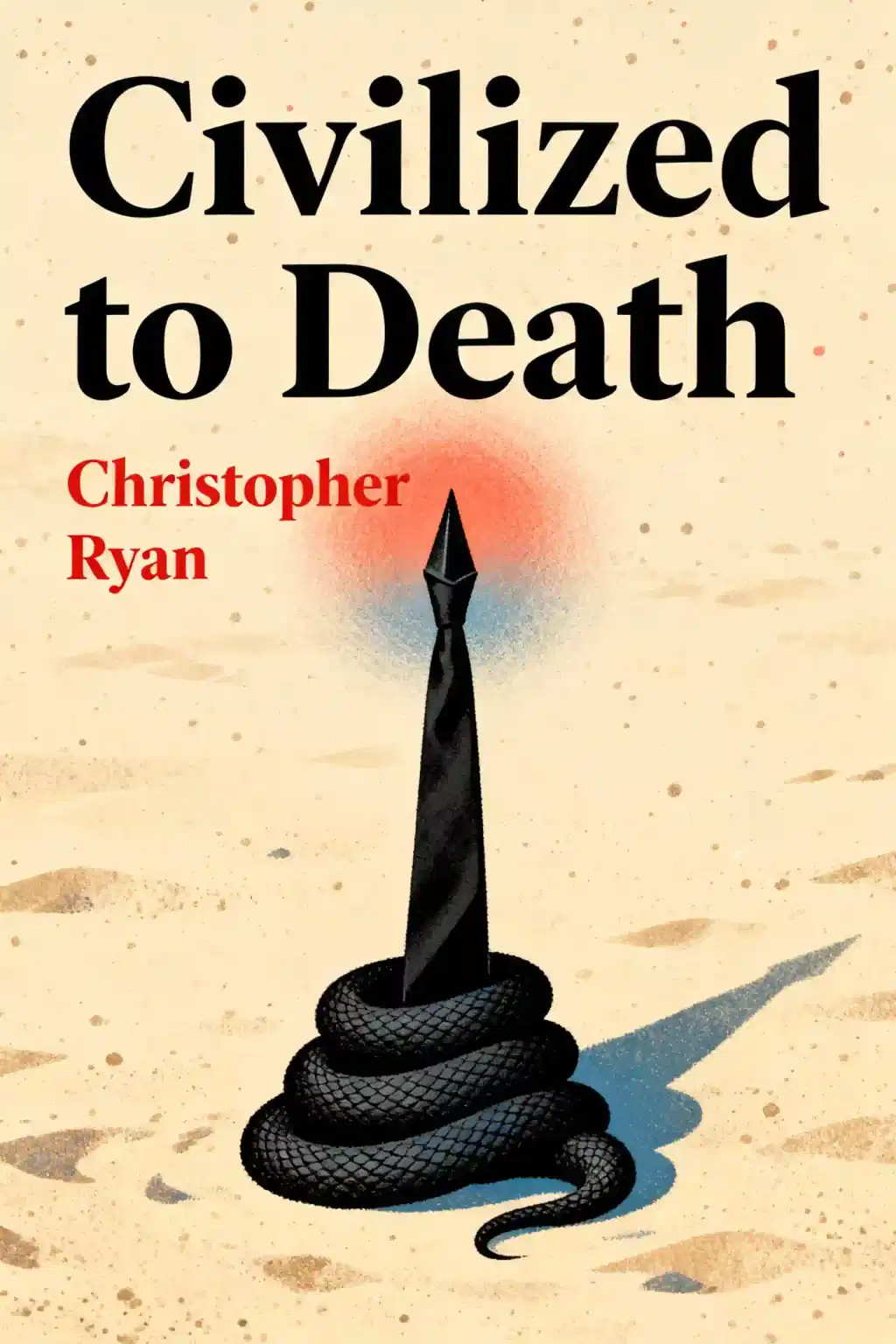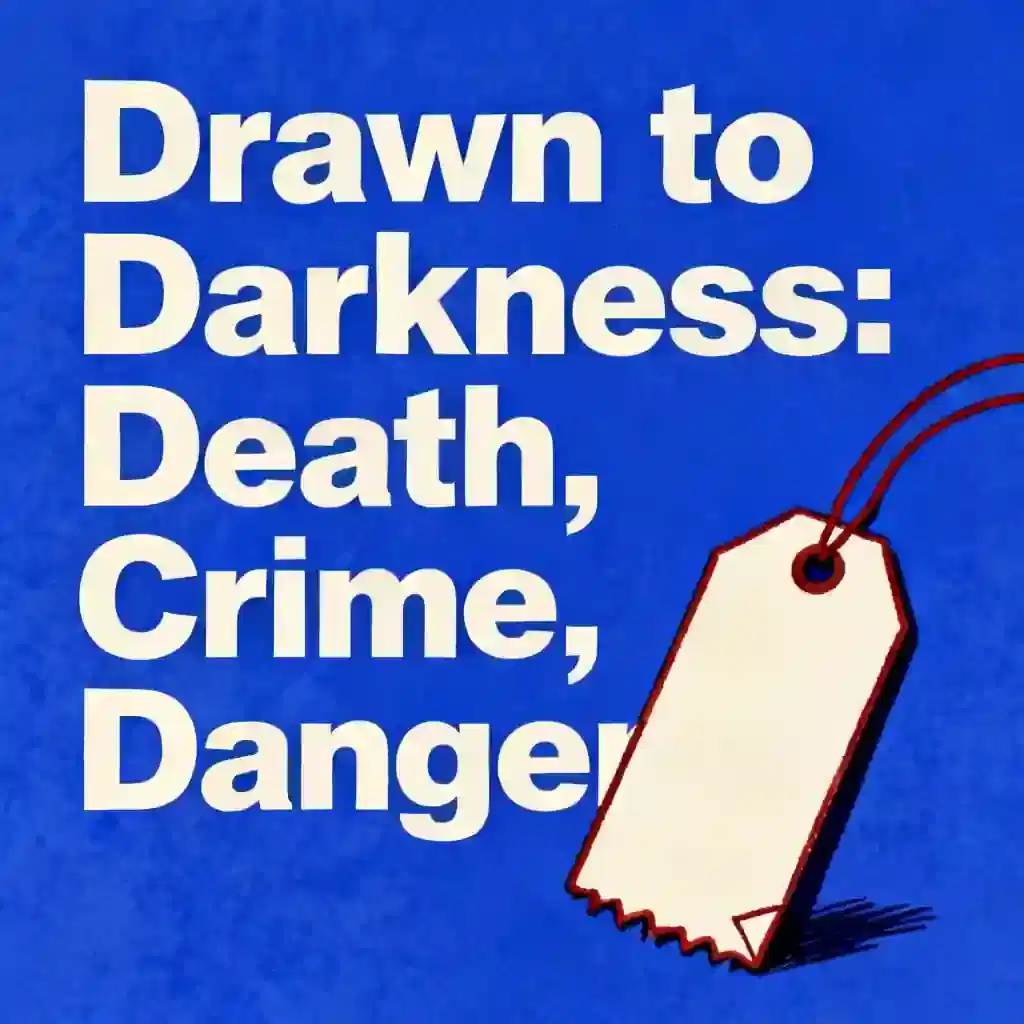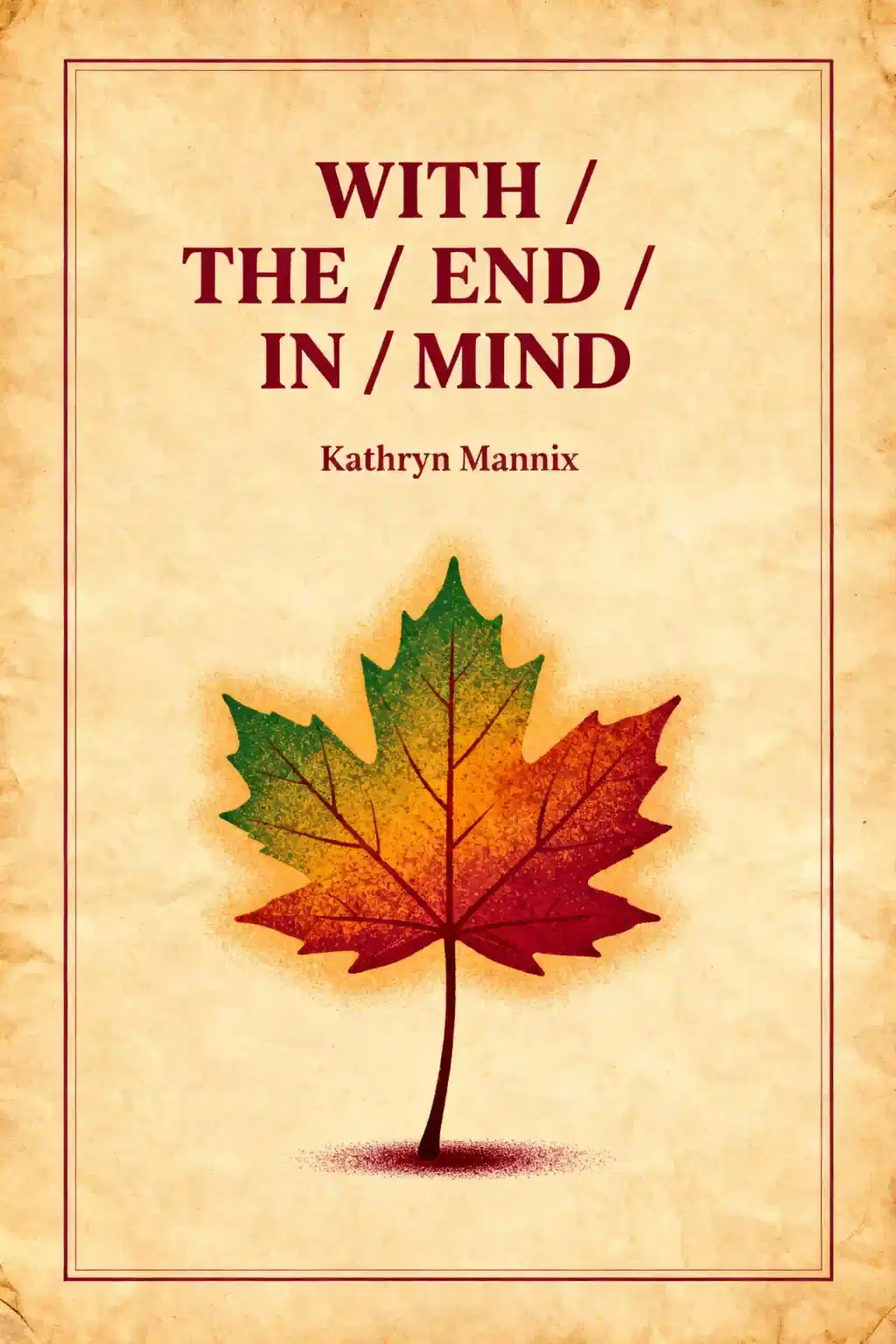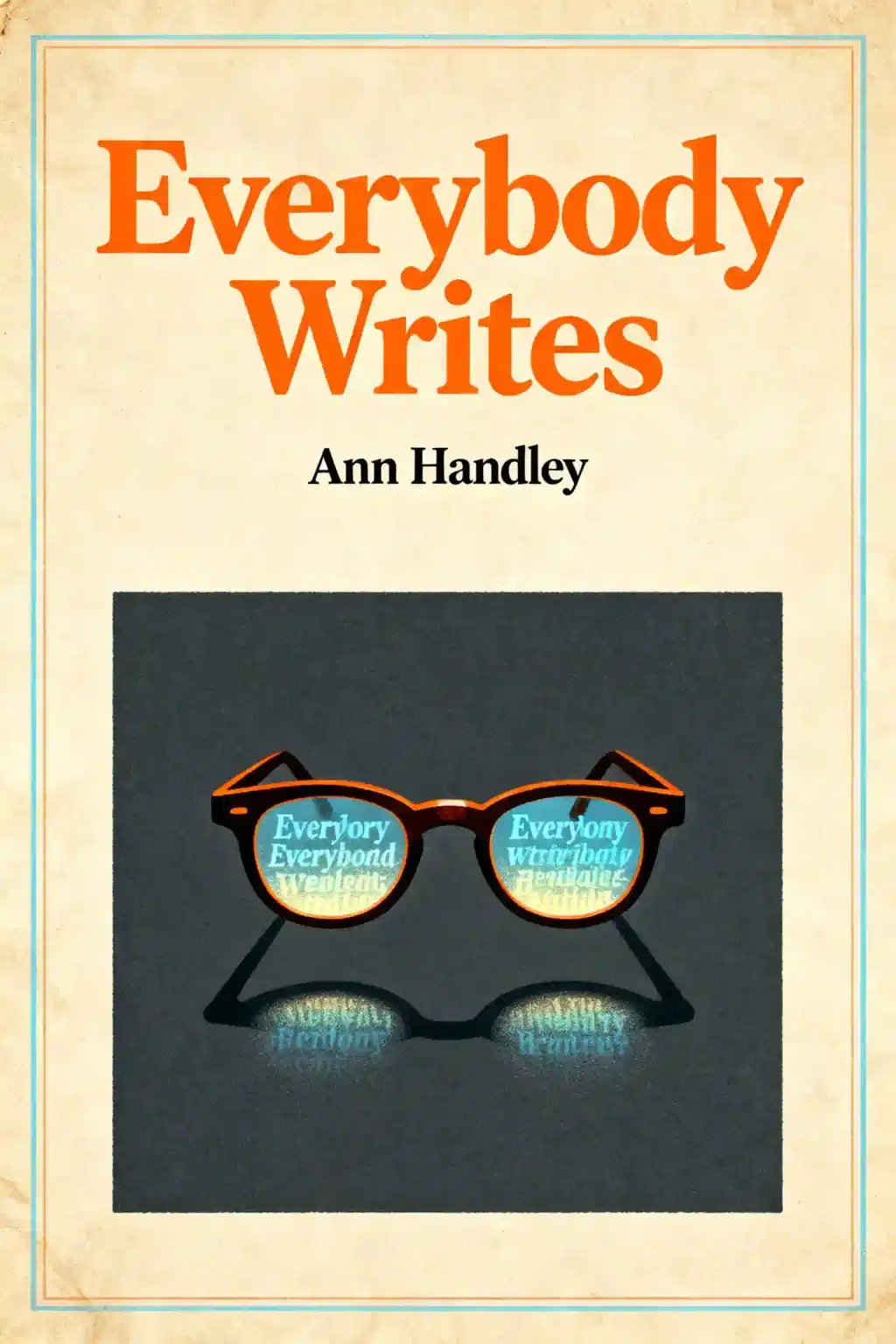What is Civilized to Death by Christopher Ryan about?
Civilized to Death by Christopher Ryan challenges the narrative that human civilization represents progress, arguing instead that modern society has brought significant costs to our physical health, mental well-being, and social connections. The book draws on anthropology, history, and psychology to contrast contemporary life with prehistoric hunter-gatherer societies, which Ryan presents as more egalitarian, cooperative, and healthier. Christopher Ryan contends that our obsession with technological advancement and economic growth has disconnected us from nature, community, and authentic human fulfillment.
Who is Christopher Ryan and what are his credentials?
Christopher Ryan is an American author and psychologist born on February 13, 1962, best known for co-authoring the bestseller Sex at Dawn. He holds a BA in English and American literature and earned his MA and PhD in psychology from Saybrook University in San Francisco, with his doctoral dissertation analyzing the prehistoric roots of human sexuality. Ryan has lectured at the University of Barcelona Medical School, hosts the podcast Tangentially Speaking, and contributes to Psychology Today, bringing a multidisciplinary approach to understanding human nature and sexuality.
Who should read Civilized to Death?
Civilized to Death is ideal for readers questioning modern society's direction, those interested in anthropology and human evolution, and anyone experiencing disconnection or burnout in contemporary life. The book particularly resonates with people concerned about environmental sustainability, mental health challenges, and the loss of community in modern culture. Readers who enjoy critical examinations of progress narratives, such as fans of Yuval Noah Harari or Jared Diamond, will find Christopher Ryan's arguments compelling and thought-provoking.
Is Civilized to Death by Christopher Ryan worth reading?
Civilized to Death is worth reading for those seeking a critical perspective on modern civilization's assumed benefits. Christopher Ryan presents well-researched arguments supported by anthropological evidence and interdisciplinary insights that challenge conventional thinking about progress. While some readers may find the critique uncomfortable or disagreeable, the book offers valuable reflections on what truly contributes to human well-being. The accessible writing style makes complex ideas digestible, though readers should approach it as a thought-provoking critique rather than a prescriptive solution manual.
What is the main argument in Civilized to Death?
The main argument in Civilized to Death is that the "Narrative of Perpetual Progress" misleads us into believing civilization has universally improved human life. Christopher Ryan contends that modern society's advances in technology and material wealth have come at severe costs: increased chronic disease, mental health disorders, social inequality, and environmental destruction. He argues that pre-agricultural hunter-gatherer societies experienced better health, stronger community bonds, and greater life satisfaction, suggesting that what we call progress may actually represent regression in human well-being.
How does Civilized to Death describe hunter-gatherer societies?
Civilized to Death portrays hunter-gatherer societies as more egalitarian, cooperative, and healthier than modern civilizations. Christopher Ryan presents anthropological evidence showing these foraging communities had more equal resource distribution, less rigid social hierarchies, and stronger communal bonds than agricultural societies. The book highlights how hunter-gatherers experienced lower rates of chronic diseases, better mental health through social connection, and sophisticated knowledge of natural medicine and sustainable living. Ryan argues that the shift to agriculture enabled wealth accumulation and social inequality while disconnecting humans from their evolutionary adaptations.
What are the best quotes from Civilized to Death and their meanings?
Key quotes from Civilized to Death include "When you're going in the wrong direction, progress is the last thing you need," which challenges readers to question whether modern advancements genuinely improve life. "The 'progress' that defines our age often seems closer to the progression of a disease than to its cure" warns against blindly trusting technological development. "We've been misinformed about what kind of creature we were, are, and can be" calls for reassessing human nature based on evolutionary evidence rather than civilizational myths.
How does Christopher Ryan connect modern health issues to civilization in Civilized to Death?
In Civilized to Death, Christopher Ryan links chronic diseases like heart disease, diabetes, and mental health disorders directly to civilizational lifestyle changes. He argues that the agricultural revolution introduced nutritional deficiencies through grain-heavy diets, while sedentary living and high-population density facilitated disease transmission from domesticated animals. Ryan emphasizes that disconnection from community and nature contributes to rising anxiety and depression rates. The book suggests these health problems were rare or non-existent in hunter-gatherer societies that maintained close social bonds and purposeful engagement with their environment.
Community serves as a central theme in Civilized to Death, with Christopher Ryan emphasizing how hunter-gatherer societies relied on cooperation, mutual support, and shared responsibilities for survival and well-being. Strong social bonds in foraging communities contributed to both emotional and physical health, contrasting sharply with modern society's emphasis on individualism and competition. Ryan argues that the loss of authentic community connection in contemporary life underlies many mental health challenges and feelings of purposelessness. The book presents communal living as evolutionarily natural and essential for human flourishing.
What criticisms does Civilized to Death make about the concept of progress?
Civilized to Death critiques progress by arguing it's often overstated and comes with hidden destructive consequences. Christopher Ryan uses historical examples of civilizations collapsing due to their own excesses to demonstrate that advancement isn't inherently beneficial. He challenges readers to reflect on whether technological development and economic growth truly align with human well-being or merely serve capitalist interests. The book questions progress narratives that ignore environmental degradation, increased social inequality, and declining mental health, suggesting these costs outweigh the benefits of modern conveniences.
How does Civilized to Death address environmental issues?
Civilized to Death argues that modern societal structures promoting productivity, consumerism, and constant growth have created a culture of disconnection from nature, leading to environmental degradation. Christopher Ryan contends that sustainable farming practices and ecological knowledge from traditional societies could benefit contemporary environmental challenges. He suggests that civilization's emphasis on material wealth and resource extraction prioritizes short-term gains over long-term sustainability. The book connects personal distress from nature disconnection with broader environmental destruction, proposing that reconnecting with natural world could improve both individual well-being and ecological health.
What are the key takeaways from Civilized to Death by Christopher Ryan?
The key takeaways from Civilized to Death include recognizing that modern conveniences carry hidden costs like health issues and social isolation, understanding that hunter-gatherer societies were more egalitarian than contemporary hierarchical structures, and questioning whether technological progress genuinely improves human flourishing. Christopher Ryan urges readers to reconsider what constitutes authentic progress, emphasizing that many assumed benefits of civilization may actually harm our physical health, mental well-being, and environmental sustainability. The book advocates for integrating traditional wisdom about community, nature connection, and sustainable living into modern life.
















